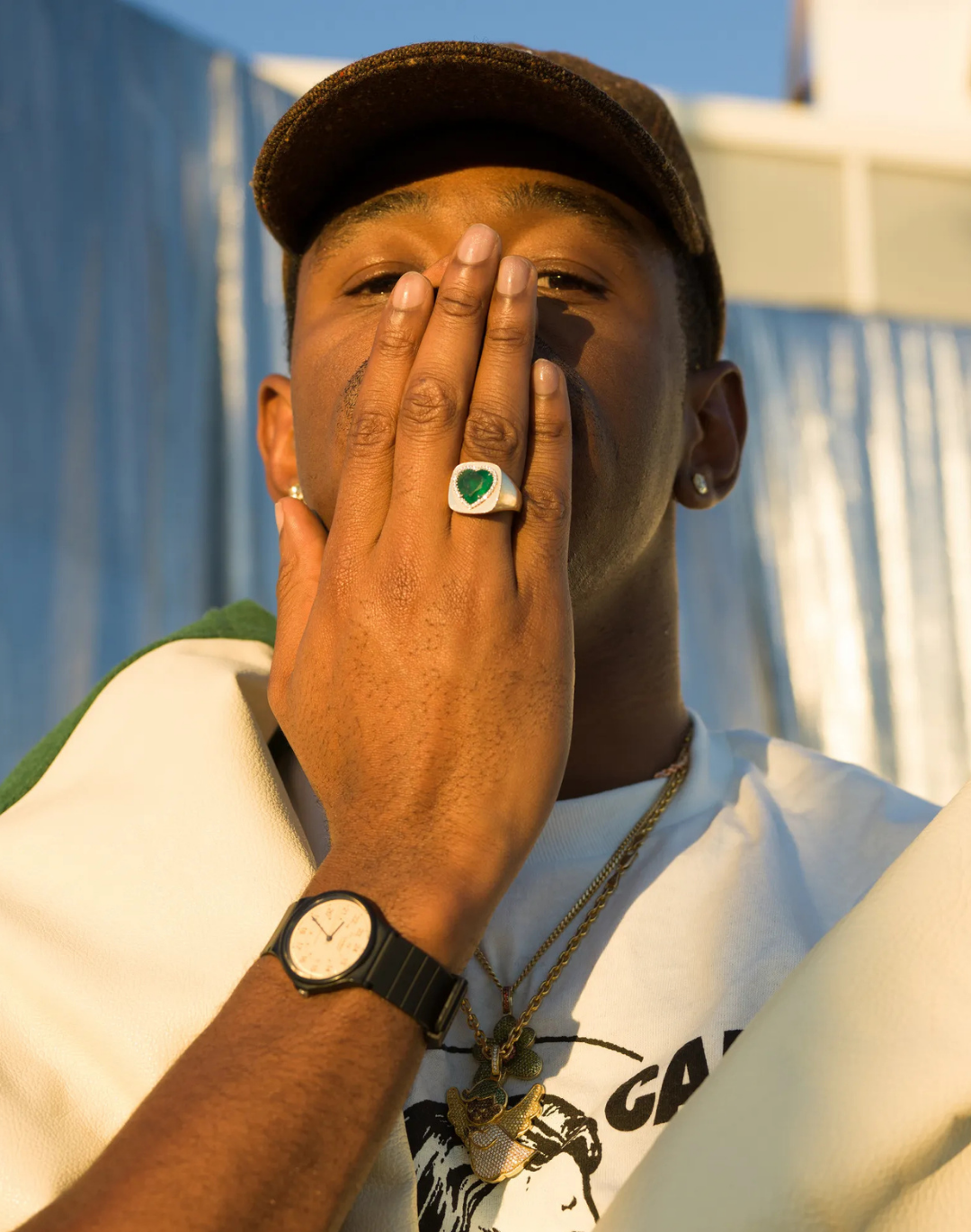
Why Russian oligarchs are investing in luxury jewelry A safe investment to respond to financial penalties
The strict financial sanctions package approved by NATO, which includes the blocking of the Swift circuit and measures directed at a number of Russian banks, including the country's two largest (Sberbank and VTB), aims to limit the individual power of Russian politicians and oligarchs, with the aim of curbing the Putin government's ability to finance itself. But in response, tycoons have found a great way to protect their money by investing in assets far more profitable than gold. According to BOF, sales in luxury jewelry stores in Russia have increased exponentially in recent days after the international response to the invasion of Ukraine severely restricted the movement of cash. Just like gold, which can act as a store of value and a hedge against inflation, watches and jewelry can maintain or even increase in price despite economic turmoil, changing hands on the secondary market at three to four times their original price.
«In the short term it has probably boosted the business,» Jean-Christophe Babin, chief executive of the Bulgari brand, said referring to the sanctions in an interview with Bloomberg, describing jewelry as a "safe investment." But the impact of increased purchases of luxury items by oligarchs is creating a potential public relations problem: while brands like Apple and Nike, along with major logistics companies like DHL are withdrawing from Russia, as well as high-end brands like Balenciaga and Gucci that are donating to humanitarian organizations, Europe's biggest luxury brands instead continue to operate in the country and attempt to remain neutral at all costs. Bulgari, owned by LVMH, Cartier by Richemont, Omega by Swatch Group and Rolex: all continue to sell, trying to take an apolitical stance.
Choosing to halt sales all things considered would not result in an irretrievable loss either, given that sales in Russia and to Russians abroad account for less than 2% of total revenue for LVMH and less than 3% for Richemont. This is partly due to income inequality, with a small number of billionaire oligarchs living well beyond the means of ordinary people and an average monthly salary of around 113,000 rubles in Moscow, much lower in rural regions. Nevertheless, Bulgari plans to keep its stores open and move forward with the development of a new hotel in the capital, although the conflict may make it difficult to supply the country, following the closure of airspace. Moreover, "If the ruble loses half of its value, our costs remain costs in euros, we cannot lose money on what we sell, so we will have to adjust prices," Babin said, further stating, "we are there for the Russian people and not for the political world."















































